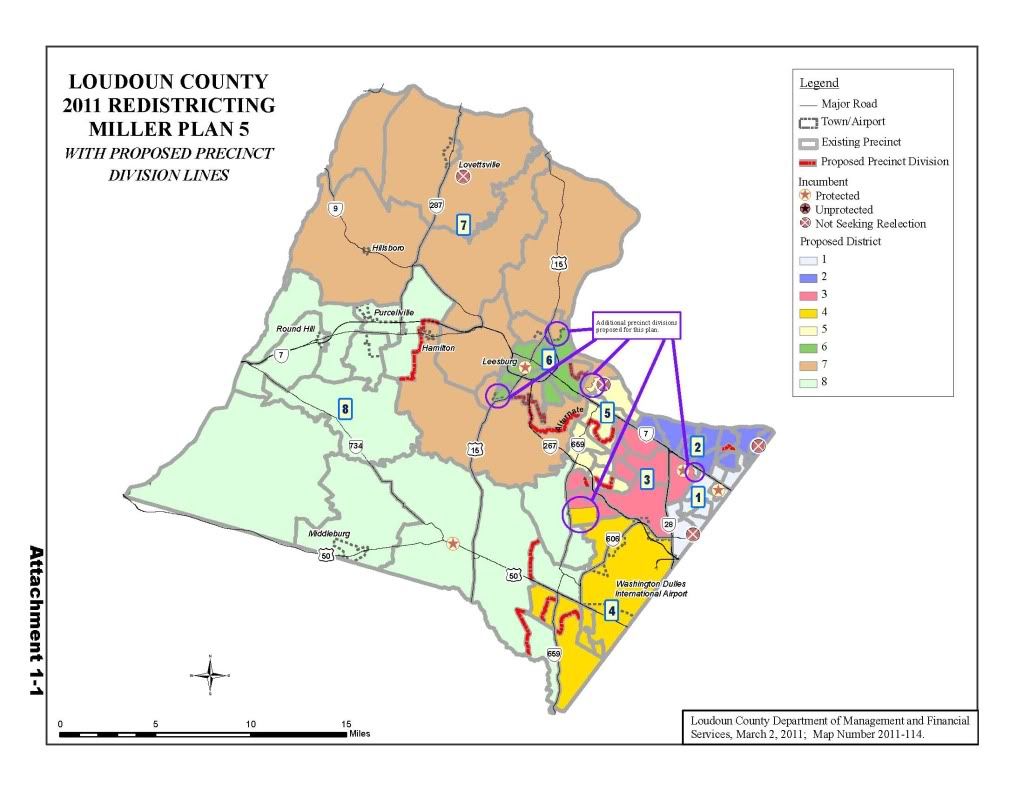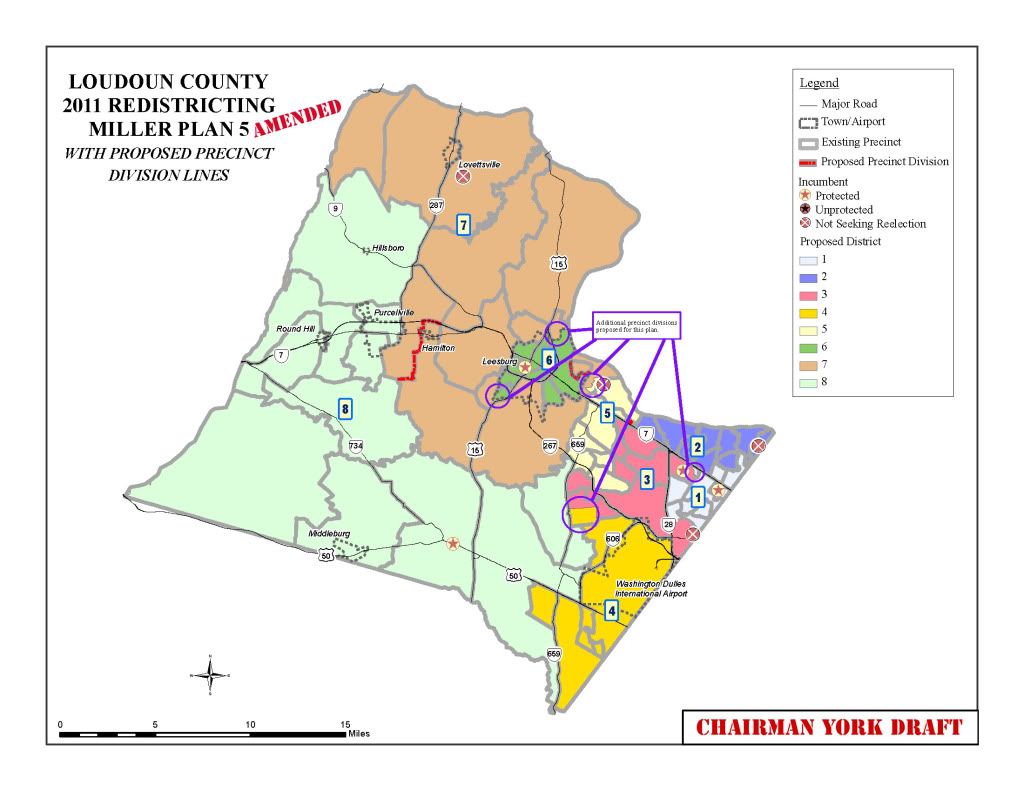The New York Times has an opinion piece up today that our friend hbinkley pointed out. It calls for the expansion of the US House of Representatives.
What’s needed, then, is a significant increase in the size of the House by expanding the number, and shrinking the size, of districts. Doing so would make campaigns cheaper, the political value of donations lower and the importance of local mobilizing much greater.
Smaller districts would also end the two-party deadlock. Orange County, Calif., might elect a Libertarian, while Cambridge, Mass., might pick a candidate from the Green Party.
Moreover, with additional House members we’d likely see more citizen-legislators and fewer lifers. In places like New York or Chicago, we would cross at least one Congressional district just walking a few blocks to the grocery store. Our representatives would be our neighbors, people who better understood the lives and concerns of average Americans.
More districts would likewise mean more precision in distributing them equitably, especially in low-population states. Today the lone Wyoming representative covers about 500,000 people, while her lone counterpart in Delaware reports to 900,000.
The increase would also mean more elected officials working on the country’s business, reducing the reliance on unaccountable staffers. Most of the House’s work is through committees, overseeing and checking government agencies.
With more people in Congress, House committee members could see to this critical business themselves – and therefore be more influential, since a phone call from an actual member is a lot more effective than a request from the committee staff. – Dalton Conley
Mr. Conley makes and excellent and correct argument. But I believe that expanding the House of Representatives does not go far enough. I believe we also need to expand the Senate.
My proposal would be to add 34 more Senators, one each for the the 34 most populous states. This would preserve the even number of Senators, allowing the Vice President to continue casting a tie-breaking vote. More significantly, since it requires two-thirds of states to ratify a constitutional amendment, giving thirty-four states one more Senator increases the likelihood of getting that two-thirds (since two-thirds of 50 is 33). Adding this many would also create a bipartisan mix of new Senators, since the mix of states in the top 34 include such diverse politics as Alabama (23) and Connecticut (22).
The additional Senators would be allocated after each census to the top 34 states. That Senator would be elected during the two year cycle when that state did not elect one of their other Senators. Those states would then not only elect Representatives every other year, but also a statewide Senator during every Congressional cycle. That is likely to increase turnout during otherwise low-participation elections, a goal all members of our political process share. Interestingly, support for such a change may have bipartisan support among activists. My friend Ed, who I have been close with since we were both first-years at UVA, is a strong Republican. He was a long-time volunteer for Eric Cantor. When last we hung out on my deck drinking our friend Pete’s homebrew and arguing politics, reforming the Congress in such a manner was just about the only thing we could come to agreement upon. We both agreed that Congress was no longer representative in the manner which the Framers intended, and Congressional expansion was the way to fix it.
For Virginia, such a proposal would create a series of new Congressional districts as well as add a Senator to our delegation (We’re population rank 12). Every Federal election would have a Senator (or Senate candidate) on the ballot leading the ticket for each party, which serves as a unifying force and ensure a statewide focus for each election.
It is my humble suggestion that Virginia, as the source of the original plan for Congressional representation in the Constitution draft an Amendment and put it forward for debate among our sister states. The time has come to address the terrible inequality that our current allocation of Congressional representation forces upon the voters of America.



